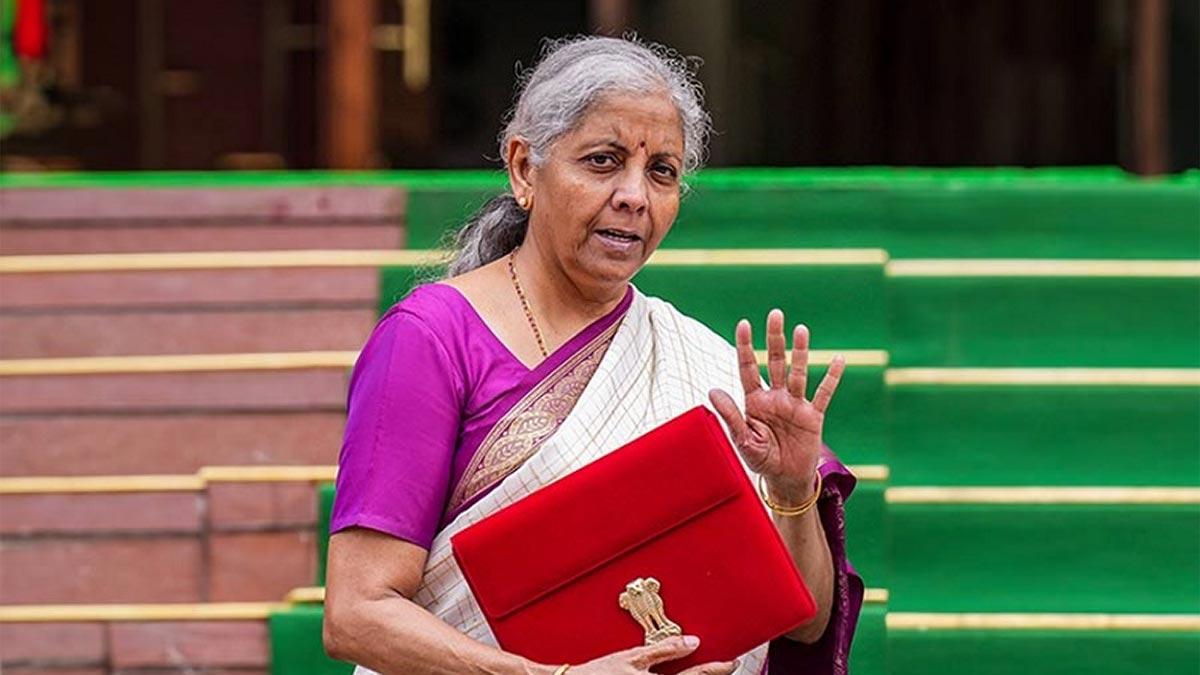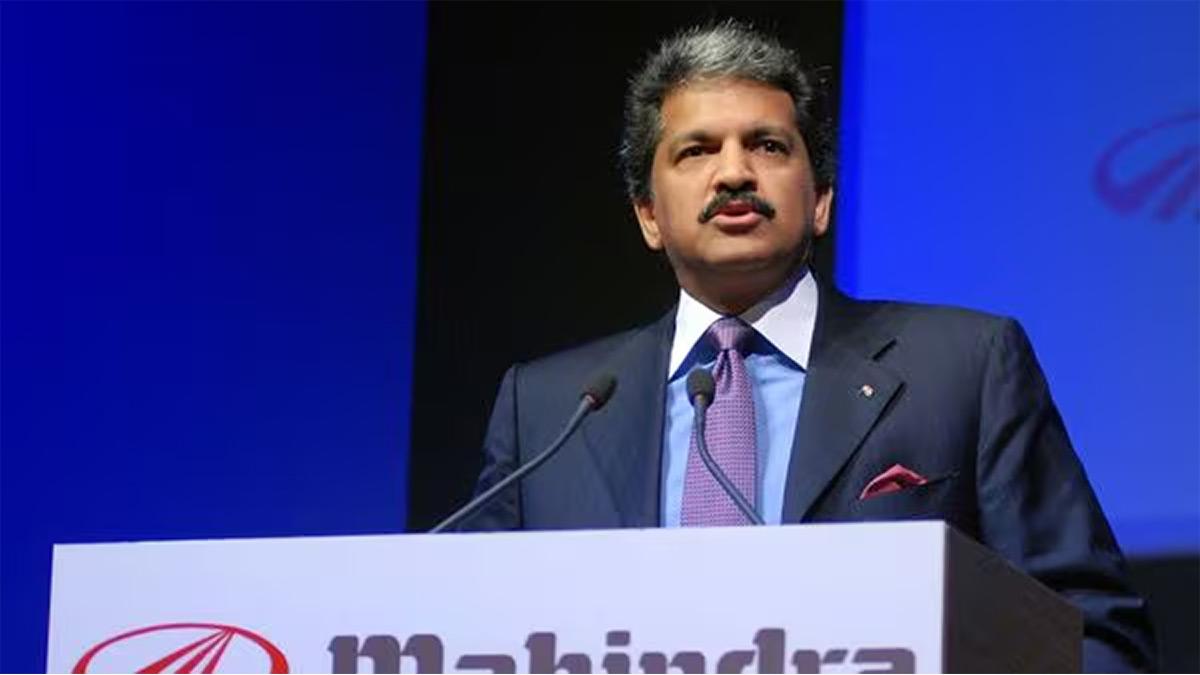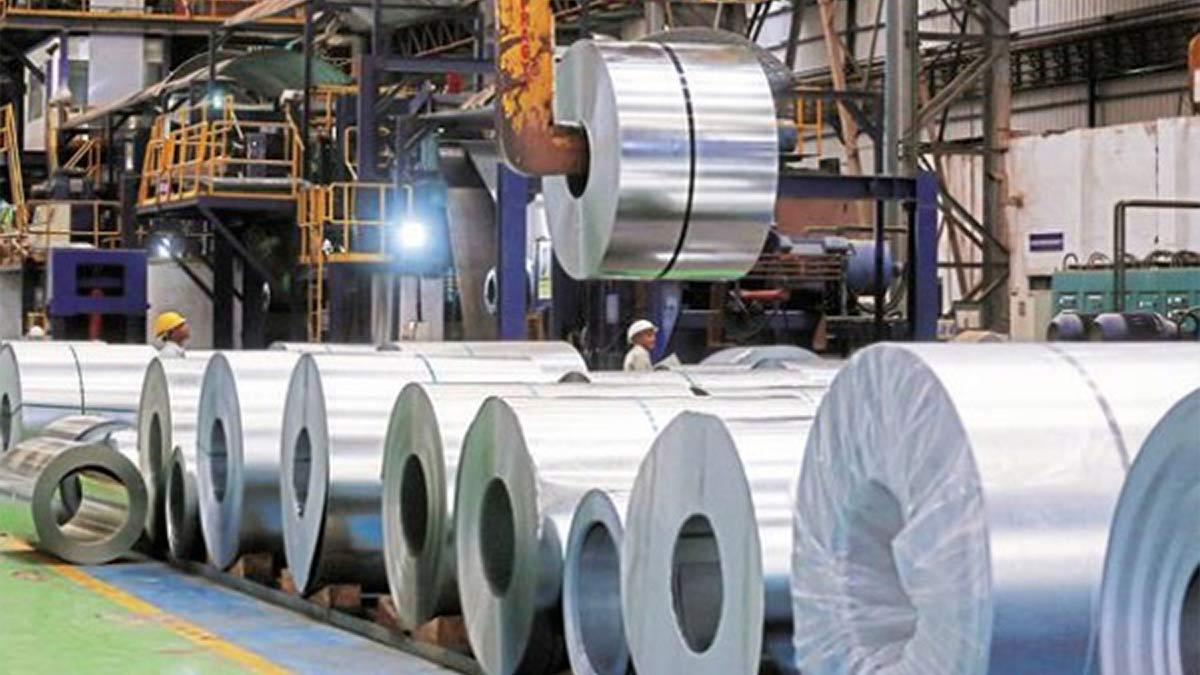India is poised to weather the effects of the US reciprocal trade tariffs, aided by a diversified export basket, value addition focus, and alternative route exploration, a new report by SBI Research said on Monday.
India's assertive policy in reshaping global supply chain strategies, especially through routes covering Europe, the Middle East, and the US, is underlined by the report.
The fall in India's exports because of the tariffs is likely to be confined to 3-3.5%, a loss that could be offset by increased export targets in both manufacturing and services sectors, the report added.
Apart from that, India may gain from the US's imposed tariffs on steel and aluminium. Presently, India is facing a trade deficit with America in these categories—$13 million in the case of aluminium and $406 million in steel—offering Indian exporters the chance to cover the gap.
The retaliatory tariffs are to be implemented from April 2, as diplomatic talks between Washington and New Delhi are ongoing.
Union Commerce Minister Piyush Goyal recently met with US Trade Representative Jamieson Greer to discuss a "mutually favorable Bilateral Trade Agreement (BTA)." Posting the details of the meeting on X, Goyal reiterated that India's trade policy would be based on the premises of "India First," "Viksit Bharat," and India's Comprehensive Strategic Partnership with the US.
His trip to the US also involved a meeting with Greer and US Commerce Secretary Howard Lutnick, after talks between US President Donald Trump and Indian Prime Minister Narendra Modi. The two leaders are working towards sealing the first tranche of a multi-sector BTA by fall 2025.
India's Expanding Free Trade Agreement (FTA) Network
India has been aggressively negotiating Free Trade Agreements (FTAs) to promote its export-oriented manufacturing sector. In the last five years, India has entered into 13 FTAs with major trading partners such as Mauritius, the UAE, and Australia.
Negotiations for FTAs with the UK, Canada, and the European Union are currently in progress, with a keen emphasis on areas like services, digital trade, and sustainable development. India and New Zealand have also begun talks for a comprehensive trade agreement.
The UK FTA alone is estimated to increase bilateral trade by $15 billion by 2030. In addition, future FTAs are likely to focus on digital trade, and estimates indicate that India's digital economy could add another $1 trillion to the country's GDP by 2025.
Evolving global trade scenario, defined by geopolitical change and the US tariff war, is forcing India to rethink FTA strategies to fit new economic realities," said the SBI Research report.
These FTAs cover a broad spectrum of trade policies, such as tariff cuts in the manufacturing and agricultural industries, services trade rules, data localization and digital economy policies, intellectual property rights impacting pharmaceutical availability, and investment facilitation and protection measures.
Read also| Indian Startups Secure $462 Million in a Robust Funding Surge
Read also| UN Report: India and China Witness Stronger Trade Momentum in Q4 2024


















